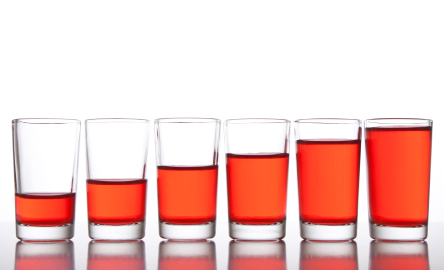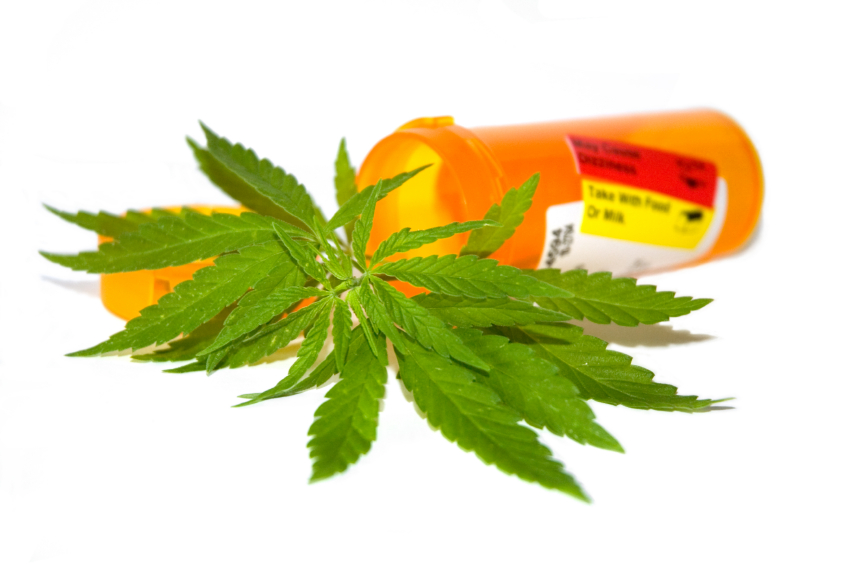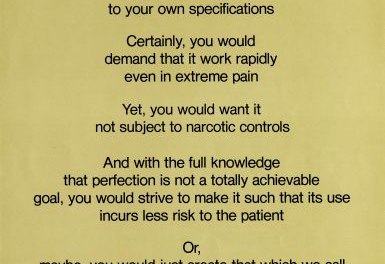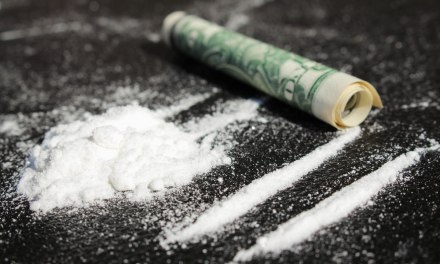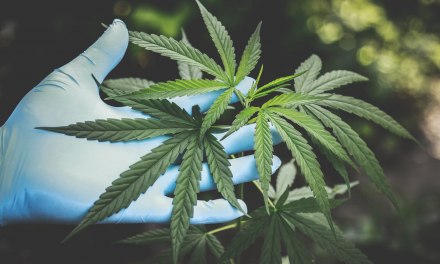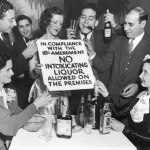This is a New Year, after all, so I suppose we should expect a flood of articles about ‘Dry January’. Seems that includes tales of drinkers who chose abstinence rather than moderation, and eventually found a new calling as ‘sobriety life coaches’.
Here’s an example, from the Washington Post, filed under ‘Wellness’:
‘Drinking until I passed out’: Quit Lit targets women’s sobriety
I like that: “Quit Lit”. Wonder if it’s related to Chick Lit, which aims at a female readership.
Or what about this, from the Yahoo website:
This life coach was a ‘moderate’ drinker, but decided to try Dry January. Now she’s been sober for 6 years, and has 3 tips for anyone else who wants to quit drinking for good.
Can’t argue against the need for such self-help literature, given what happened to women’s alcohol use during the height of the pandemic. Harvard Health says that reported ‘heavy drinking days’ increased by a remarkable 41%, versus what it had been prior to the arrival of COViD.
By the way, CDC defines heavy drinking for women as having 8 or more drinks per week. I’m confident that some women are exceeding that by a wide margin.
As the articles note, the research, mostly drawn from surveys, suggests that women and men use alcohol for very different purposes. Women, we’re advised, report that they drink mainly to cope with various stressors.
Males on the other hand report that they drink any time they want to feel good– stress is not a requirement.
I might compare it to my own experience with another addictive drug– nicotine. A friend of mine quit smoking around the same time I did. Her pattern had been to smoke when she needed to relax or calm herself after a difficult situation. Absent stress, she often went for several days without a cigarette.
To me, this was incomprehensible. I was the classic maintenance smoker. All I needed by way of motivation was the passage of twenty minutes on the clock.
I figured it would be much easier for her to quit than it was for me. Yet ironically, her urge to smoke proved the stronger. Every few days, she’d fall off the tobacco wagon and have a cigarette. It frustrated her no end. “What’s wrong with me?” she would complain bitterly.
That’s why I’m skeptical when someone in addiction treatment claims to have been a ‘moderate’ drinker, insisting they’re not worried at all about doing without alcohol. I wonder if they’re not just addicted in a different way than someone with obvious physical dependence– but at an even greater risk for relapse.
I’ve often said– you’re probably sick of hearing me say it — that with a compulsive disorder such as alcoholism, it’s often easier to abstain altogether than to try to control drinking. Same for other drug use.
Because as the 12 Step groups like to say, for some people, one is always too many, and a thousand is never enough.

